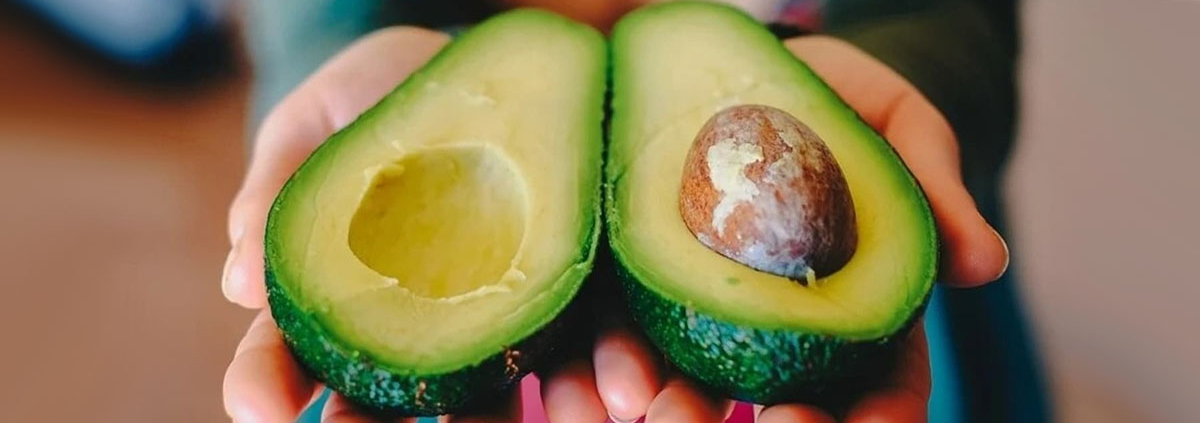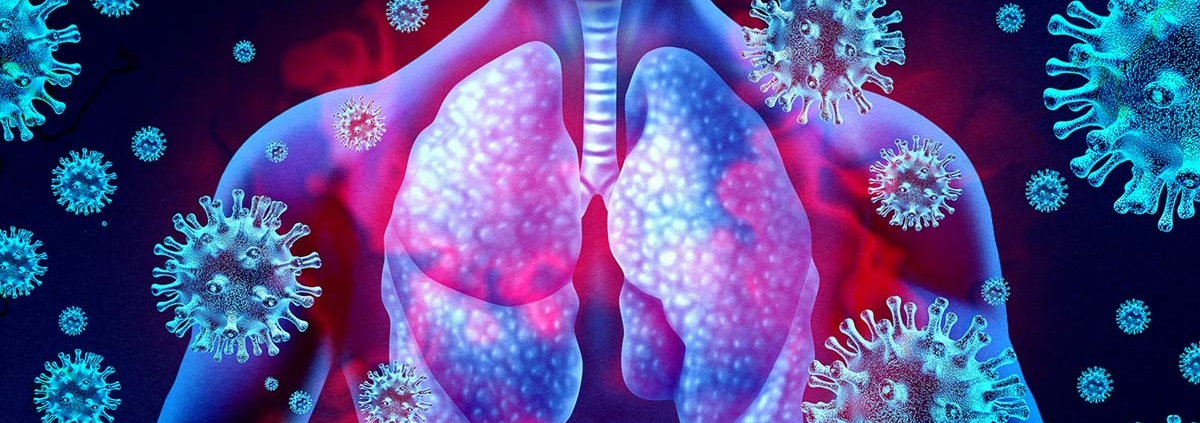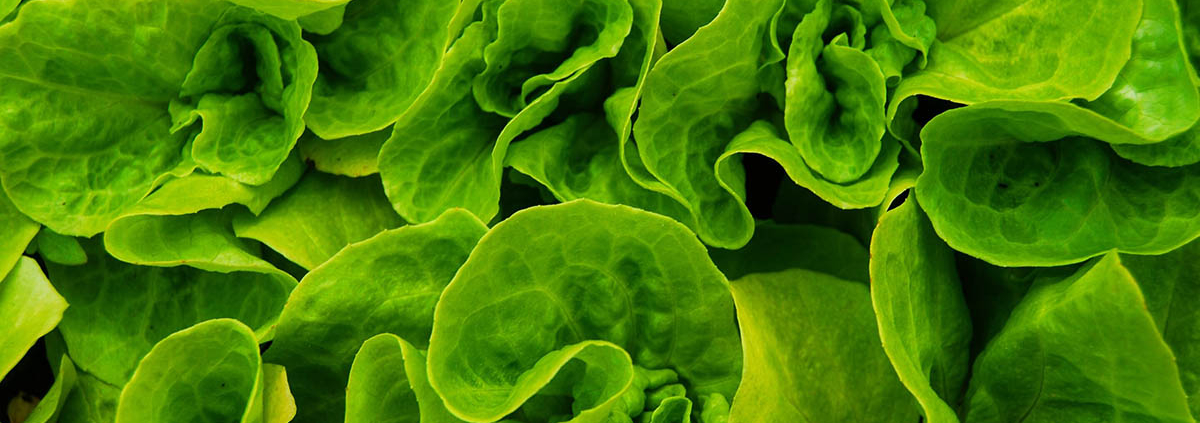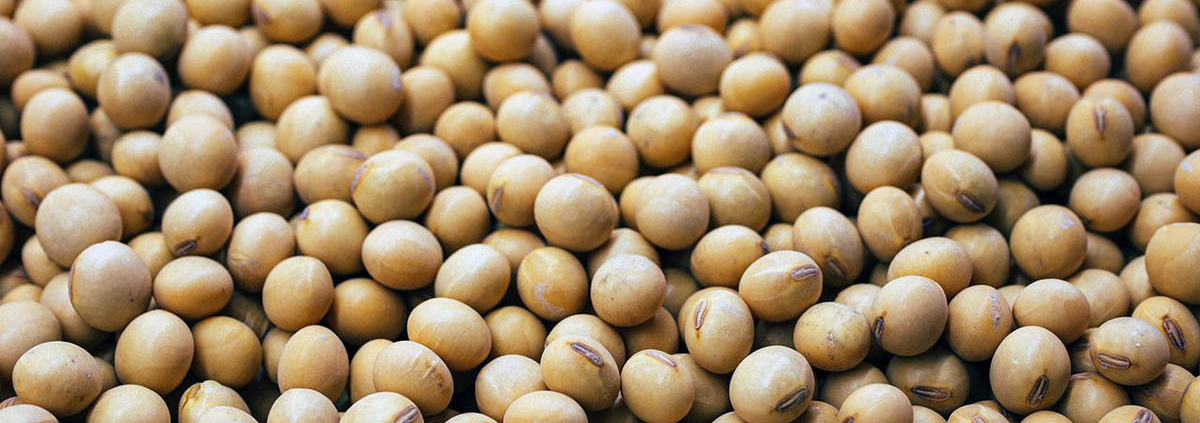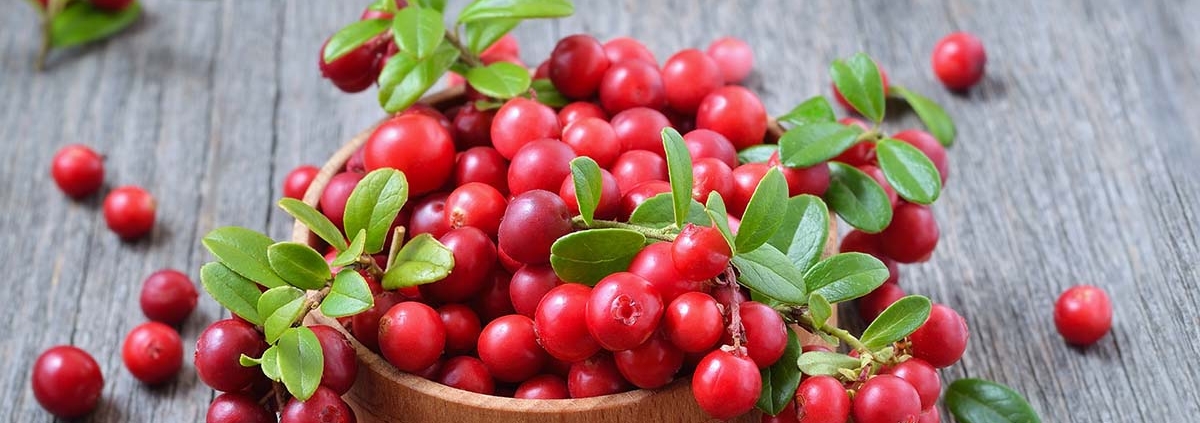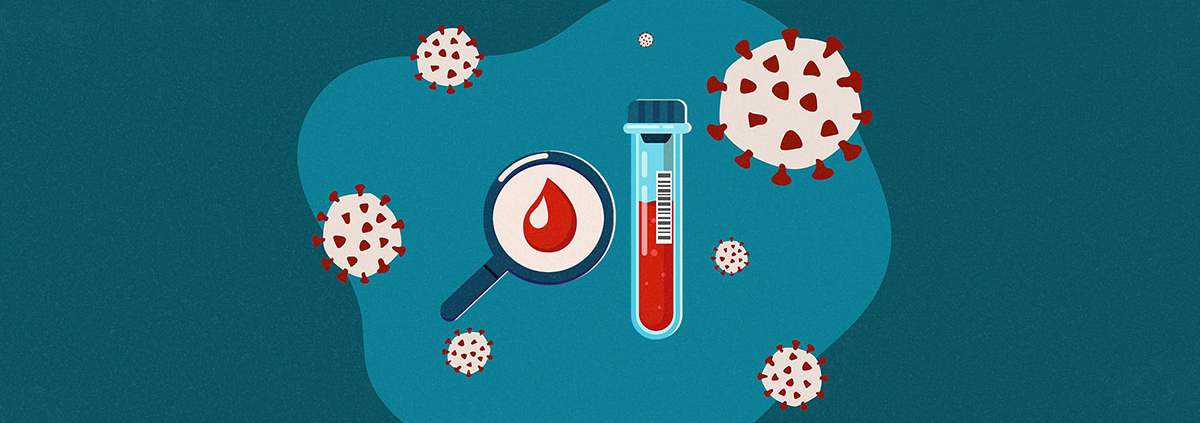A 30-year study of more than 110,000 health professionals found that participants who ate at least two servings of avocado a week had a lower risk of cardiovascular disease compared to those who rarely ate avocados.
Replacing animal products like butter, cheese or bacon with avocado was also associated with a lower risk of cardiovascular disease events.
Embargoed until 4 a.m. CT/5 a.m. ET Wednesday, March 30, 2022
Eating two or more servings of avocado weekly was associated with a lower risk of cardiovascular disease, and substituting avocado for certain fat-containing foods like butter, cheese or processed meats was associated with a lower risk of cardiovascular disease events, according to new research published today in the Journal of the American Heart Association, an open access, peer-reviewed journal of the American Heart Association.
Avocados contain dietary fiber, unsaturated fats especially monounsaturated fat (healthy fats) and other favorable components that have been associated with good cardiovascular health. Clinical trials have previously found avocados have a positive impact on cardiovascular risk factors including high cholesterol.
Researchers believe this is the first, large, prospective study to support the positive association between higher avocado consumption and lower cardiovascular events, such as coronary heart disease and stroke.
Release date: 30 March 2022
Source: American Heart Association

